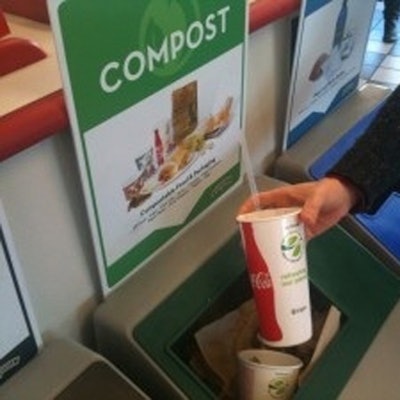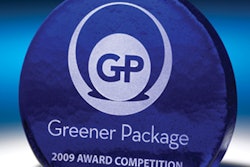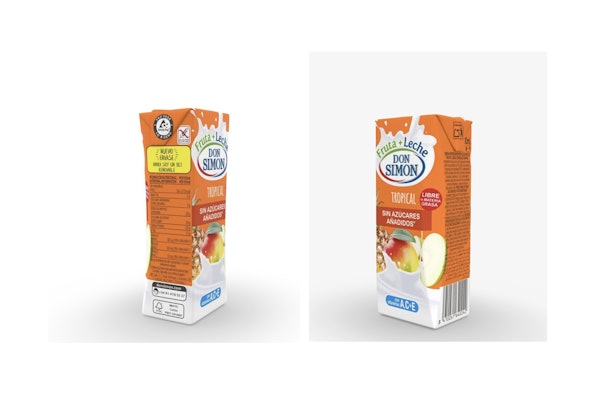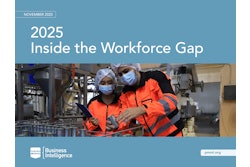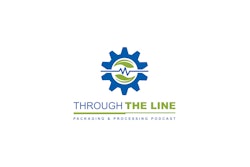Quick-service restaurant chain Burgerville has announced that it has achieved a significant milestone toward its goal to offer fully compostable and recyclable packaging, making its composting and recycling program the most comprehensive in the fast-food industry, the company says. Burgerville has 39 locations throughout Oregon and Southwest Washington and is known for its commitment to “fresh, local, and sustainable values.”
Burgerville’s launch of new compostable ecotainer® soft drink cups and lids represents the last major component of its packaging waste stream to go compostable. The ecotainer cup, made by International Paper in cooperation with The Coca-Cola Company, is made using fiber sourced from sustainably managed forests that meet the Sustainable Forestry Initiative (SFI) chain-of-custody standards. It uses Ingeo™, a plant-based polylactic acid (PLA) coating, to create a water-resistant barrier. The lid is also made from Ingeo.
Ecotainer products meet the ASTM standards for commercial compostability and are accepted by Cedar Grove Composting facilities, where all Burgerville's compostable waste is processed.
Notes International Paper, Burgerville is the first QSR chain to use the compostable paper cups company-wide. With the transition to this cup, Burgerville’s composting, recycling, and sustainable packaging system is closer to its goal to divert 85% of the restaurant chain’s waste stream from landfills. The only remaining nonrecyclable items include plastic and foil condiment packs, such as ketchup packets.
“With the launch of the ecotainer, almost all of Burgerville’s packaging has been converted to components made from plant-based, renewable resources that can be commercially composted or recycled, which is making a significant impact on our work to reduce our environmental footprint,” says Alison Dennis, Burgerville’s director of supply chain. “Our restaurants are hearing great feedback from our guests about the new compostable cups and how our composting and recycling program is making a positive difference in the communities we serve.”
Burgerville began composting, recycling, and using sustainable packaging in its restaurants in early 2007. Today, 37 Burgerville locations with access to commercial hauling services are composting and/or recycling, and 21 locations have dining room solutions where guests have the option to sort their waste, or where team members sort waste collected from tables.
Prior to the new compostable cup launch, Burgerville was more than 50% of the way toward the ultimate 85%-diversion goal. After the compostable cup program is fully introduced, Burgerville will be conducting a full waste audit in 2010 to benchmark its progress. Burgerville’s next goal is to partner with government, industry, and community leaders to bring commercial composting and recycling solutions to cities in Oregon and Washington that do not currently have access.
